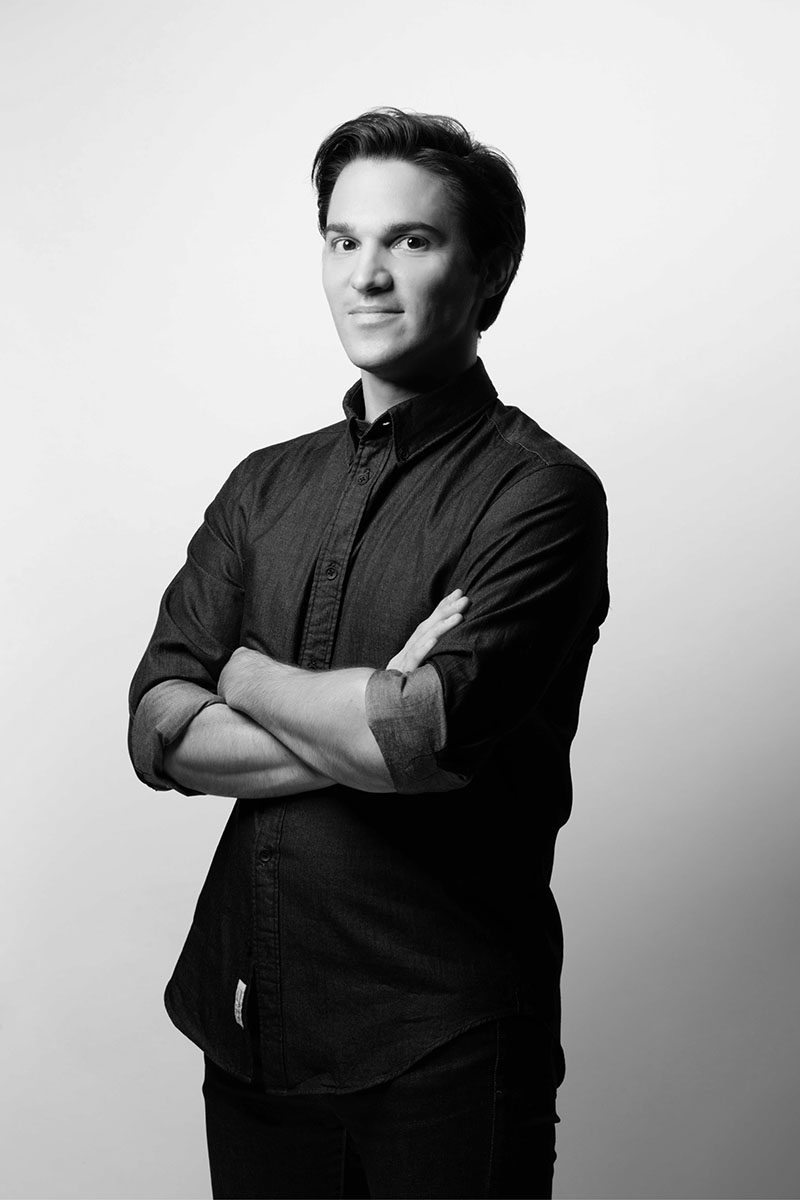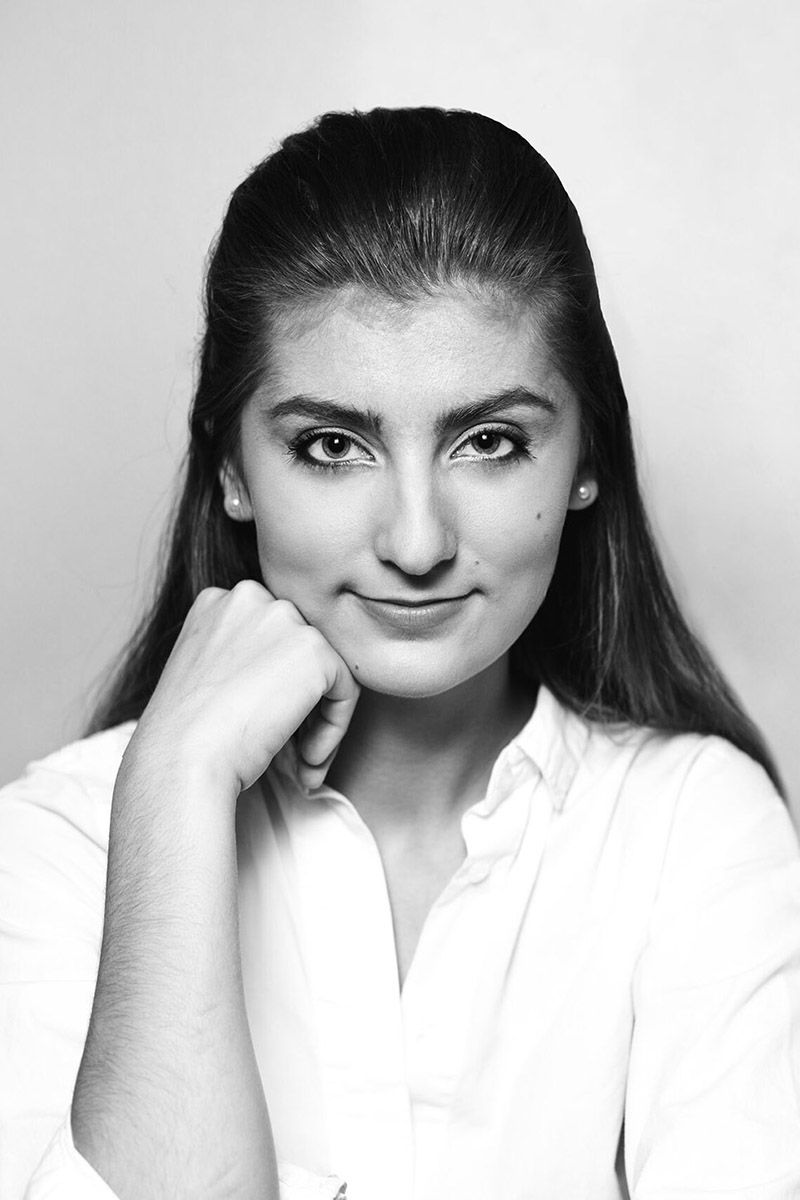For the second iteration of the Vogue Singapore Innovation Prize, Vogue Singapore has teamed up with the Singapore Fashion Council (SFC), formerly know as the Textile and Fashion Federation (TaFF). The association’s rebrand this year is part of its efforts to commit itself to empower talents in the local fashion industry to make Singapore a leading fashion hub in Southeast Asia. The Vogue Singapore x SFC Innovation Prize is an initiative to cultivate Asian entrepreneurial talent by offering them the necessary tools, knowledge and monetary support to prepare them for the global stage.
Just last year, Singaporean fashion designer Claudia Poh of Werable took home the grand prize for her groundbreaking and innovative clothing designs that offered fashionable solutions for people with disabilities. As the winner of the Vogue Singapore x Singapore Fashion Council Innovation Prize, Poh was awarded $15, 000 from the Vogue Foundation to support her business alongside editorial support from Vogue Singapore.
Competition was stiff and Poh stood out amongst the rest for merging form and function, making adaptive fashion beautiful. Since her win, the designer has been making waves in the local fashion industry—Poh’s work has been featured in Vogue Singapore’s May/June 2022 issue and she recently competed as a finalist at Singapore Stories 2022.
For this year’s edition of the Vogue Singapore x SFC Innovation Prize, ten businesses from six cohorts of the The Bridge Fashion Incubator (TBFI) programme participated in a two-day bootcamp. Some of which include: eponymous handbag label Adrian Furstenburg, LOOQAL, Lily & Lou and more.
“It’s important to prioritise digital technology and master these new tools for the future.”
The applicants were joined by a panel of laureate speakers leading creativity and innovation in the fashion industry. In the curated programme by Vogue Singapore, global experts and the applicants discussed how to elevate business models with innovative design methods and sustainable frameworks. The bootcamp’s speakers consisted of eminent figures like Alexis Bonhomme, Vice President of Farfetch as well as Natalia Modenova and Daria Shapovalov of Dress X.
“It’s important to prioritise digital technology and master these new tools for the future. Find your connections and get into a useful network to build your brand. The earlier the better,” shared Publisher of Vogue Singapore, Bettina von Schlippe, when addressing the bootcamp’s participants.
At the end of the bootcamp, the shortlisted applicants moving on to the mentorship phase were: LOOQAL, Ayesha, Adrian Furstenburg, and Lily & Lou. The applicants will eventually present their business plan to an international jury, who will be evaluating their considerations of innovation, design, sustainability as well as business and marketing plans.
Below, here are key takeaways from the two-day bootcamp.




Day 1: Developing business models and the future of virtual fashion
Starting off day one was Baptiste Le Gal, Chief Revenue Officer at Vestiaire Co. With an introduction to how pollutive the fashion industry is, Le Gal emphasised the need to take a stand against the idea of throwing away garments. Teaching consumers how to buy smarter and adopt habits such as reselling preloved items are of utmost importance. Citing Vestiaire’s business model which supports circular fashion, he shared the network of agents and processes involved in the creation of a sustainable fashion ecosystem.
The next segment of the boot camp? A sharing by Dhruv Kapoor, designer and founder of his eponymous label. Kapoor’s talk gave insights on what it means to be authentic as a creative individual and the need to be focused on one’s goals. By having a clear direction, the steps that need to be taken will organically unfold itself, shared the designer.
Apart from sharing ways business leaders and brand founders can discover like-minded partners in the industry, Kapoor also highlighted how vital it is to invest in a good team and foster trust. “Take risks and learn from others’ experiences,” he advised. “Always do your research and don’t be afraid to experiment. When it comes to creative blocks, remember to clear your mind and relieve yourself of the pressure to always produce.”
Afterwards, Gianna Valintina, head of marketing of VR platform Spatial.io, gave insights on what fashion retail would look like in Web3. According to Valintina, digital trends are shaped by Gen Z and Gen Alpha users of video games such as Roblox, who are influencing the market for virtual fashion in the metaverse. Moreover, she cited new technologies like CLO 3D and Cinema 4D that are revolutionising the way we look at and experience fashion.
Ending the first day of the bootcamp was Alexis Bonhomme, Vice President APAC of Farfetch. With the company as a case study, Bonhomme shared the power of fashion marketplaces. He emphasised how customers in the Asian market have now changed drastically, for they are increasingly mobile-driven, younger, are high-spenders and very loyal to brands.
Key takeaways
Baptiste Le Gal: A call-to-action for agents working in the fashion industry to consider sustainable practices in business models.
Dhruv Kapoor: Being true to one’s values and having a clear focus in mind is vital, for the intangible builds the tangible.
Gianna Valintina: An in-depth analysis at how a new generation of Gen Z and Gen Alpha consumers are influencing digital fashion trends and exploring the metaverse as a potential avenue for designers to realise their creations.
Alexis Bonhomme: Adapting business models and keeping up with current trends in fashion and technology is important in order to target specific markets.





Day 2: Digital fashion and the need for sustainability
Rounding off the bootcamp is a series of discussions that focused on the industry’s foray into the virtual world and the solutions to address fashion’s environmental impact. First up, an insightful exploration into the world of the metaverse by the co-founders of Dress X, Natalia Modenova and Daria Shapovalova. Elaborating on trends such as the creation of metaclosets and NFT fashion pieces, Modenova and Shapovalova note how Dress X is spearheading digital innovation as a way to minimise the large carbon footprint that comes with garment production.
Extending this discussion on virtual fashion was Enara Nazarova, the founder and Vice President of Metaverse, Hype. Nazarova gave a comprehensive overview of the history of fashion and technology, allowing participants a firsthand look at how investing in platforms like Web3 is a way to capture modern audiences and reflect trends of the times. “Virtual assets can help customers access fashion collections and offer deeper personalisation,” says Nazarova.
Moving on to matters of sustainability, Alice Taylor and Federica Marchionni, Chief of Staff and Founder of Global Fashion Agenda, shared that the solution to real-world problems is innovation. The duo raised the importance of prioritising smart material choices, changing the fashion value cycle and adopting strict standards to ensure commitment to the environment. For instance, the push for designers to shift from virgin fossil fuel to recycled synthetics is a way to reduce the wastage of resources during garment production.
Wrapping up the bootcamp was Adriana Hoppenbrouwer, co-founder of The Fabricant. The applicants were offered insights on how collaborating with digital fashion houses and 3D artists could be utilised in their businesses as a way to bring clothing collections to consumers in creative ways.
And what better way to end off the event with a journey into the metaverse? The applicants took to the virtual lounge of Club Vogue Singapore and explored the unique space together, in celebration of those who were shortlisted to move forward to the mentorship phase before presenting to a VIP jury.
Key takeaways
Natalia Modenova and Daria Shapovalova: An in-depth sharing session on how designers can tap into the digitisation of clothing and find endless design possibilities in the metaverse.
Enara Nazarova: An expert take on why turning to Web3 is a way to not only create clothes that suit the zeitgeist, but also to allow for virtual self-expression.
Alice Taylor and Federica Marchionni: To solve fashion’s environmental problems, accountability on the part of the designers is crucial to minimising carbon emissions and changing consumer habits.
Adriana Hoppenbrouwer: A call-t0-action for businesses to adopt new technology to showcase clothes and envision a world where physical fashion becomes obsolete.
Learn more about the Vogue Singapore Foundation and subscribe to Club Vogue.





